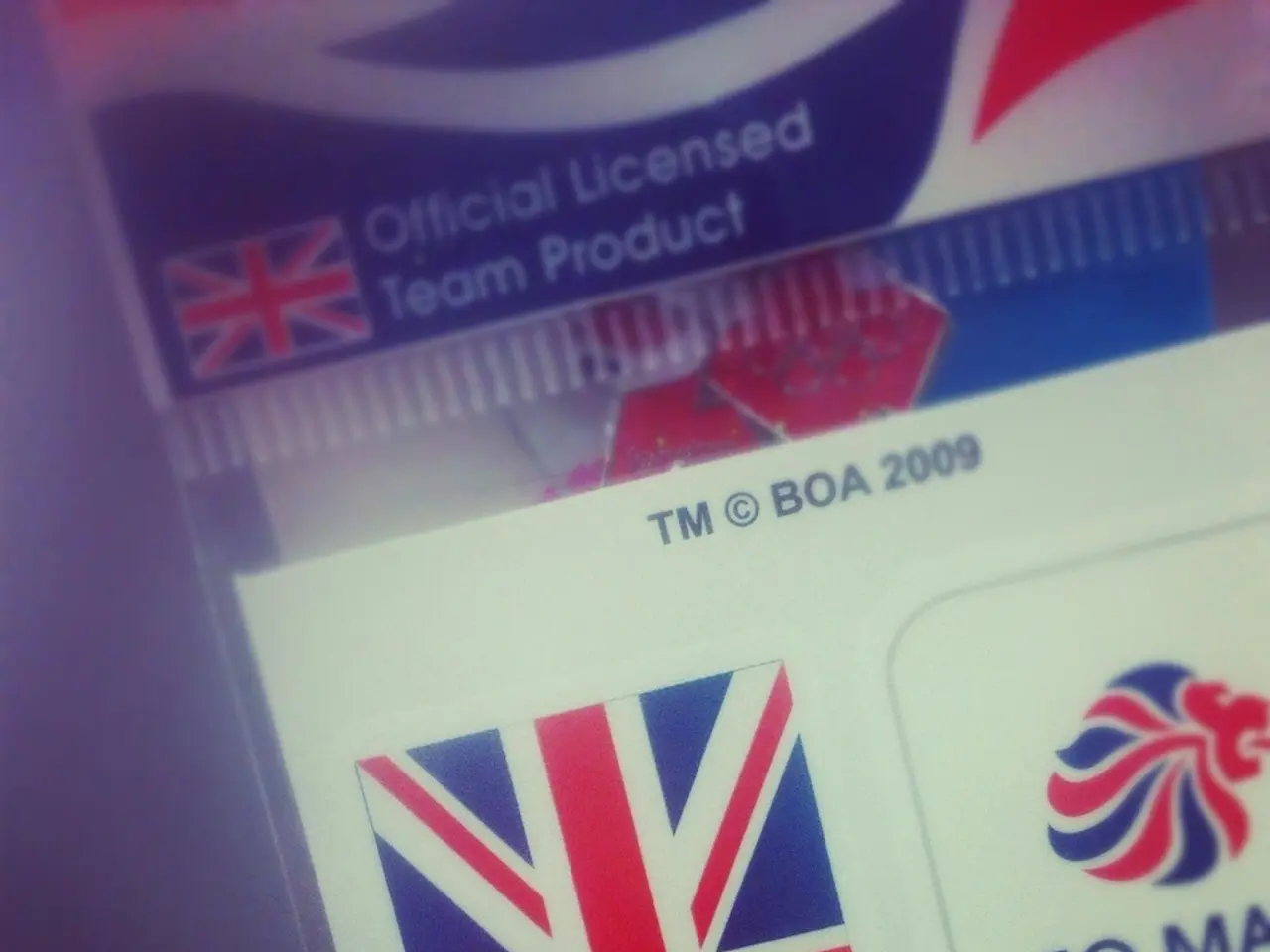Singapore Cryptocurrency Regulations Explored: An Overview for 2025
In the dynamic world of digital assets, Singapore continues to lead as a global hub, thanks to its proactive and evolving regulatory framework. The Monetary Authority of Singapore (MAS) introduced several significant measures in 2024-2025 to enhance security, transparency, and consumer protection in the crypto industry.
## Mandatory Licensing for Firms
All Singapore-based crypto firms providing cross-border services must obtain a license under the Financial Services and Markets Act 2022 (FSMA) by June 30, 2025. Local operators, known as Digital Token Service Providers (DTSPs), offering services in Singapore are required to secure a license under the Payment Services Act (PSA), either as a Standard Payment Institution (SPI) or Major Payment Institution (MPI), depending on transaction volume. Non-compliance can result in fines up to SGD 250,000 and prison terms of up to three years.
## Enhanced Consumer Protections
To mitigate risk exposures, MAS has restricted lending and staking services for retail customers. Locally issued credit cards are no longer permitted for crypto purchases, and promotional incentives such as airdrops targeted at retail investors are prohibited. Customer assets must be held in trust, separate from company funds, to protect investors in the event of insolvency. Crypto service providers must clearly inform customers about the risks of crypto investments and promote financial literacy.
## Stablecoin Oversight
Stablecoin issuers must be licensed under the PSA for “stablecoin issuance services.” Only stablecoins meeting stringent MAS requirements will be labelled as “MAS-regulated stablecoin,” ensuring higher standards of solvency and consumer protection.
## Anti-Money Laundering (AML) and Transparency Measures
Virtual Asset Service Providers (VASPs) must share originator and beneficiary information for transactions above SGD 1,500, enhancing transparency and traceability to combat money laundering. Robust Know Your Customer (KYC), transaction monitoring, and suspicious activity reporting are mandatory for all licensed entities.
## Enforcement and Compliance
Singapore-registered crypto firms serving overseas clients must be licensed under FSMA or cease operations by June 30, 2025. MAS is actively enforcing compliance, with significant fines and potential imprisonment for violations.
## Summary Table: Major Regulatory Changes
| Area | 2024–2025 Update | |----------------------------|----------------------------------------------------------------------------------| | Licensing | Mandatory for all DTSPs and cross-border firms under FSMA/PSA[1][3][5] | | Consumer Protection | Restrictions on retail lending/staking; bans on credit card purchases/airdrops[1][5] | | Stablecoins | Issuers must be licensed; “MAS-regulated stablecoin” label introduced[1][3] | | AML/Transparency | Travel Rule for large transactions; enhanced KYC/AML controls[5] | | Penalties | Fines up to SGD 250,000 and up to 3 years’ imprisonment for non-compliance[1][3] |
In the realm of compliance solutions, Sumsub offers a Travel Rule solution that supports multiple protocols, VASPs, and assets, and includes features for identity verification, transaction monitoring, AML screening, and regulatory reporting. This solution provides benefits such as smooth integration with other Sumsub products, popular data exchange protocols, unhosted wallet verification, VASP attribution, screening against watchlists, a secure ecosystem, simple solution for interoperability and sunrise issues, extensive functionality, supports over 10,000 virtual assets, and has 1,700 VASPs in its ecosystem.
While cryptocurrency is not considered legal tender in Singapore, it can be used as an alternative means of payment. Crypto businesses in Singapore must implement AML/CFT procedures and policies, including risk assessment and risk mitigation, customer due diligence, transaction monitoring, sanctions screening, suspicious transaction reporting, and recordkeeping. The main law regulating crypto businesses in Singapore is the PS Act.
As of January 2024, the MAS has authorized 19 cryptocurrency service providers, including Crypto.com and Coinhako. The MAS takes into consideration a list of assessment criteria when evaluating an application for licenses, including governance and ownership requirements, fitness and propriety, competency of key individuals, permanent place of business or registered office, base capital, security compliance arrangements, technology risk management, audit arrangements, annual audit requirements, Letter of Responsibility and Letter of Undertaking.
The legal tender in Singapore is the Singapore Dollar (SGD), issued and regulated by the MAS. DPT service providers must comply with the Travel Rule, which requires them to collect and share client information during DPT transactions. In Singapore, there are three types of licenses for companies: money-changing, SPI, and MPI. The criteria for obtaining an SPI or MPI license include being a Singapore-incorporated company, having a permanent place of business, having sufficient capital, having key individuals with the necessary competencies, implementing a risk management system specialized for cryptocurrency activities, and meeting additional authorization/recognition requirements for businesses offering DPT.
The Fraud Summit 2025 will bring together industry top dogs from fintech and crypto to discuss the new future and resilience strategies. The scope of information required depends on the transaction amount: less than SGD 1,500 requires originator and beneficiary data, while transactions exceeding SGD 1,500 may require additional information such as residential or registered addresses and unique identification numbers.
[1] MAS (2024). "Guidelines on Licensing and Regulation of Digital Payment Token Service Providers." Monetary Authority of Singapore. [2] MAS (2025). "Enhancing Consumer Protections in the Digital Payment Token Industry." Monetary Authority of Singapore. [3] MAS (2025). "Stablecoin Oversight Framework." Monetary Authority of Singapore. [4] MAS (2025). "Anti-Money Laundering and Countering the Financing of Terrorism Requirements for Digital Payment Token Service Providers." Monetary Authority of Singapore. [5] MAS (2025). "Guidelines on Enforcement and Compliance." Monetary Authority of Singapore.
- In the regulatory framework of Singapore, crypto firms are required to obtain licenses under the Financial Services and Markets Act 2022 (FSMA) or the Payment Services Act (PSA) to provide services either domestically or cross-border by June 30, 2025.
- To protect consumers and prevent crypto-related financial risks, the Monetary Authority of Singapore (MAS) has mandated strict regulations on lending and staking services, banned credit card purchases, and prohibited promotional incentives for retail investors, among other measures.




